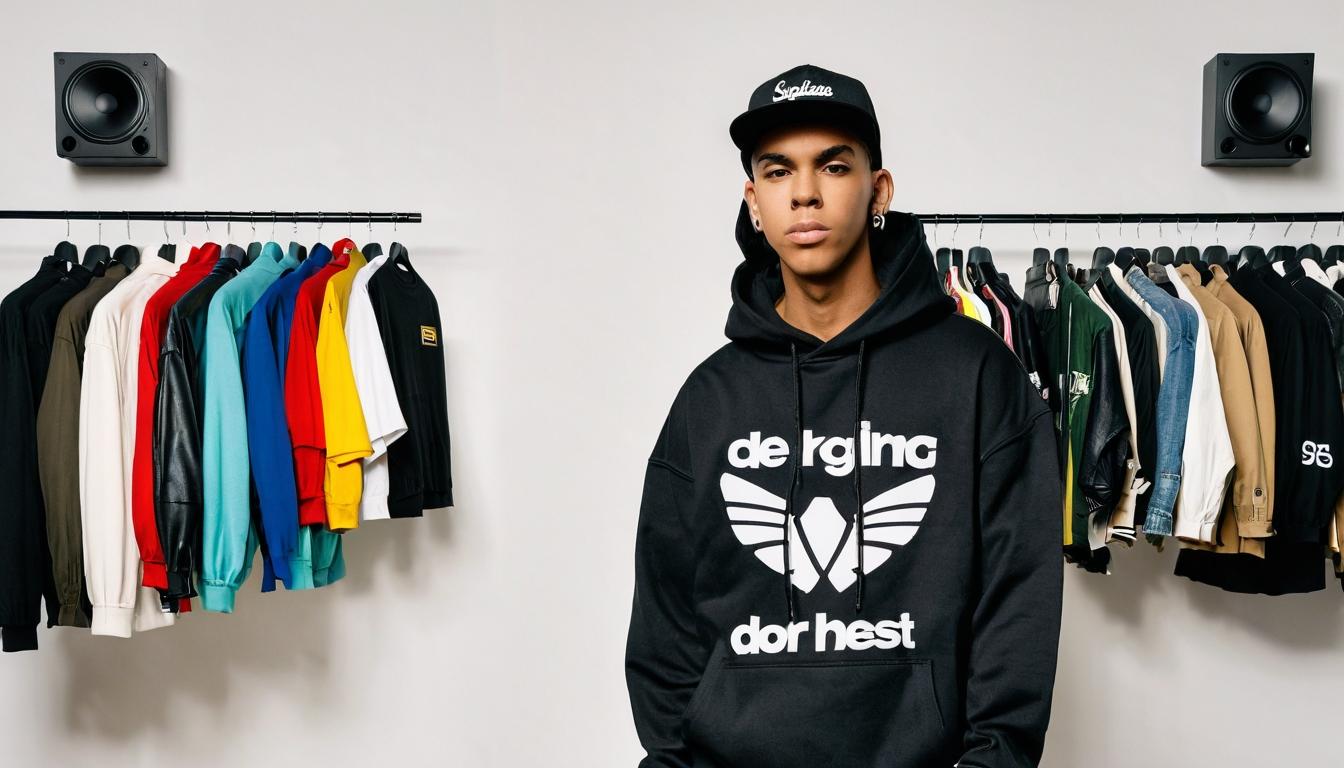In the dimly lit backrooms of fashion week after-parties and the buzzing corridors of recording studios, a quiet revolution is taking place. Streetwear brands, once content with dominating urban fashion, are now orchestrating a fundamental shift in how music is created, distributed, and consumed. This isn't just about collaborations or celebrity endorsements—it's about brands becoming cultural curators, music producers, and talent incubators.
The transformation began subtly, with limited-edition sneaker releases accompanied by exclusive tracks from emerging artists. What started as marketing gimmicks has evolved into sophisticated music divisions within fashion houses. Supreme's surprise vinyl drops, featuring underground hip-hop artists, now generate more buzz than some major label releases. The lines between fashion drop and album launch have blurred beyond recognition.
Meanwhile, luxury giants are building recording studios within their flagship stores. In Tokyo's Harajuku district, you can now buy a limited-edition hoodie and record a demo in the same visit. These spaces aren't just amenities—they're talent pipelines. Brands are signing artists directly, bypassing traditional record labels entirely. The A&R scout in a tailored suit has been replaced by the creative director with an ear for the next big sound.
Social media has accelerated this convergence. TikTok trends born from fashion campaigns now dictate radio playlists. Viral dance challenges featuring specific outfits have propelled unknown artists to overnight success. The algorithm doesn't distinguish between a hot new track and a hot new sneaker—it just knows what's generating engagement.
This fusion is creating entirely new business models. Artists are being paid in equity rather than advances, becoming stakeholders in the brands they represent. Album releases are timed with clothing collections, creating cultural moments that transcend either medium alone. The traditional music industry, slow to adapt, finds itself playing catch-up with fashion houses that move at the speed of internet culture.
The most fascinating development is how this is affecting music itself. Producers are creating beats specifically designed to complement visual aesthetics. BPMs are being tailored to runway show pacing. Lyrics are referencing fashion collaborations as status symbols. We're witnessing the birth of a genuinely multimedia art form where sound and style are inseparable.
Critics argue this commercializes music beyond recognition, but proponents see it as democratization. When a streetwear brand with millions of followers platforms an unknown artist, it bypasses gatekeepers who have long controlled access to the industry. The results are unpredictable, often bizarre, and frequently brilliant.
As fashion week after-parties now double as impromptu recording sessions and design studios host late-night jam sessions, one thing is clear: the future of music isn't just being written in recording studios—it's being designed in ateliers, curated in showrooms, and amplified through clothing drops that feel more like cultural events than retail transactions.
The underground sound: how streetwear brands are reshaping music culture

